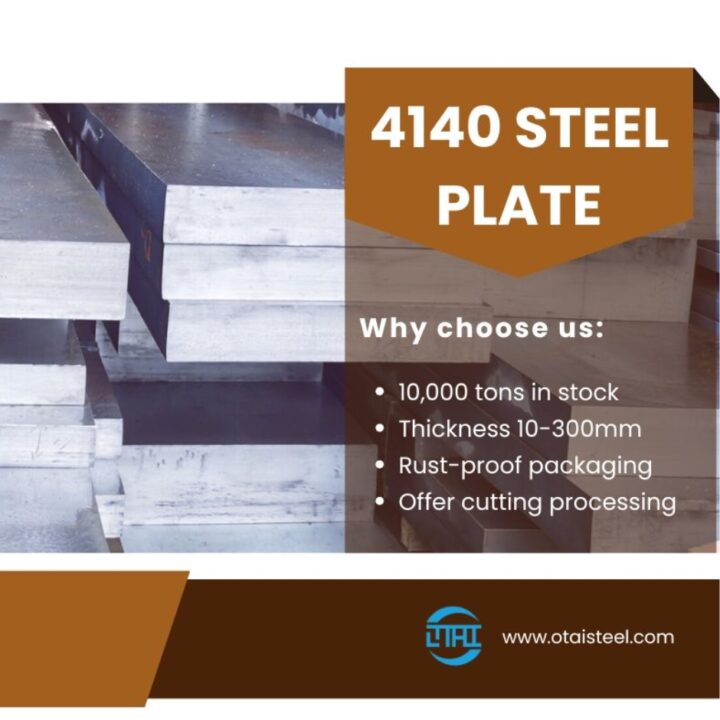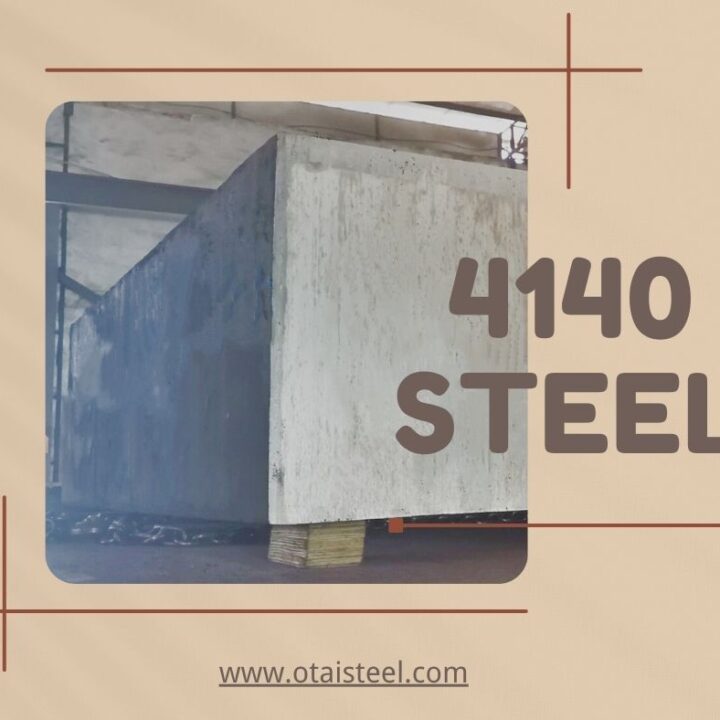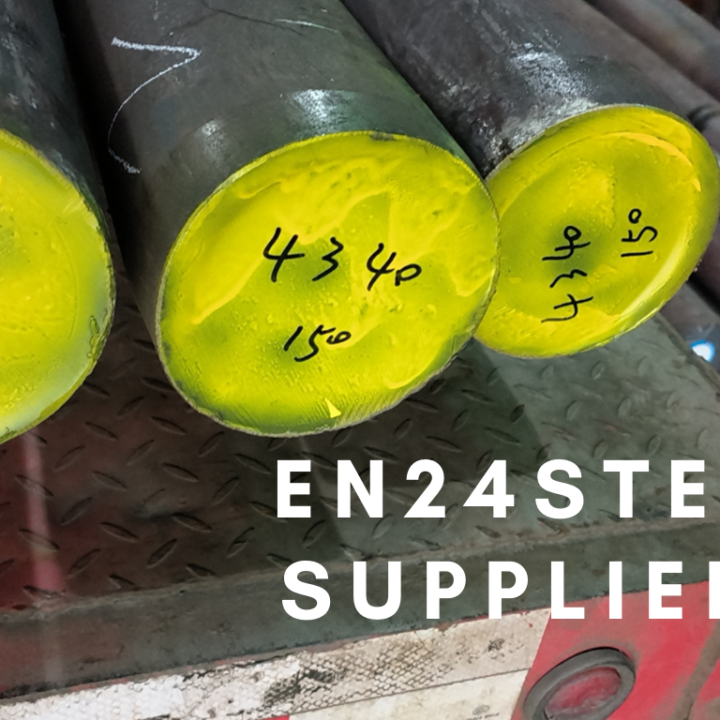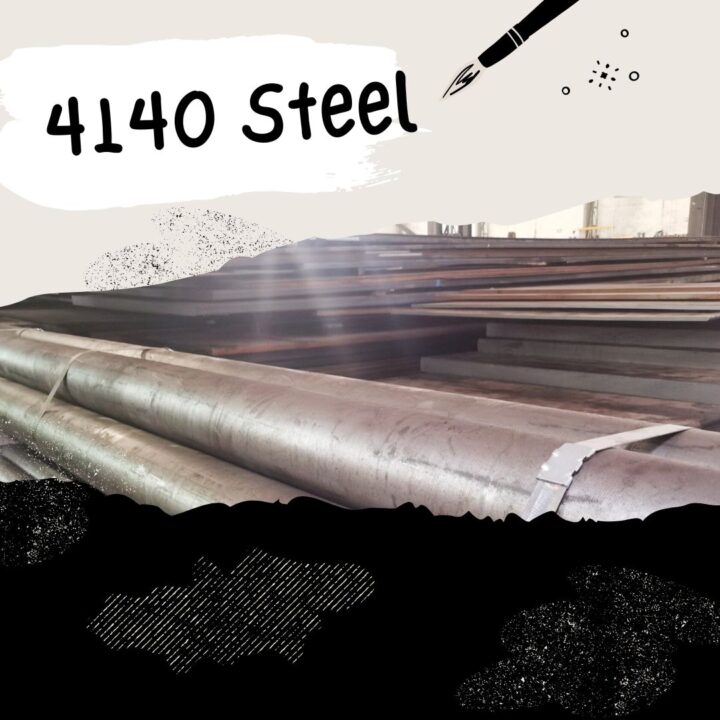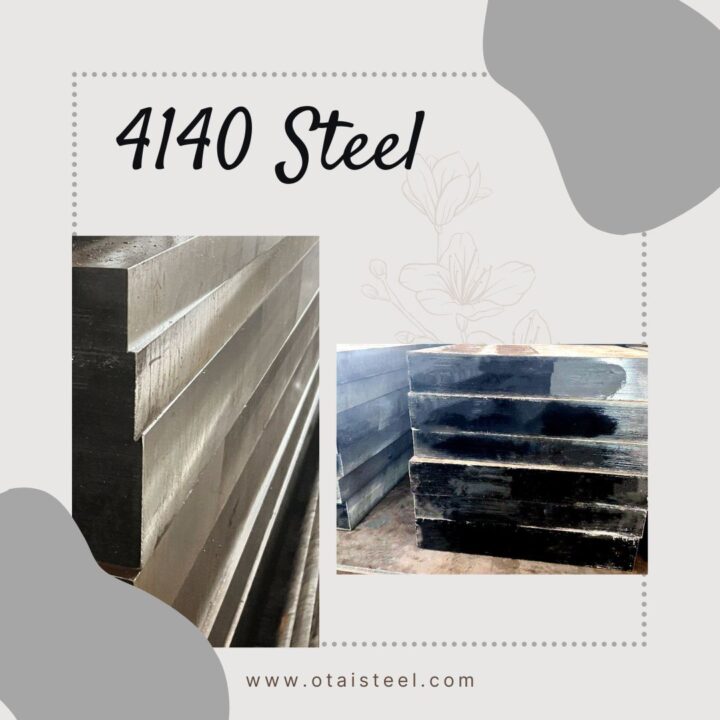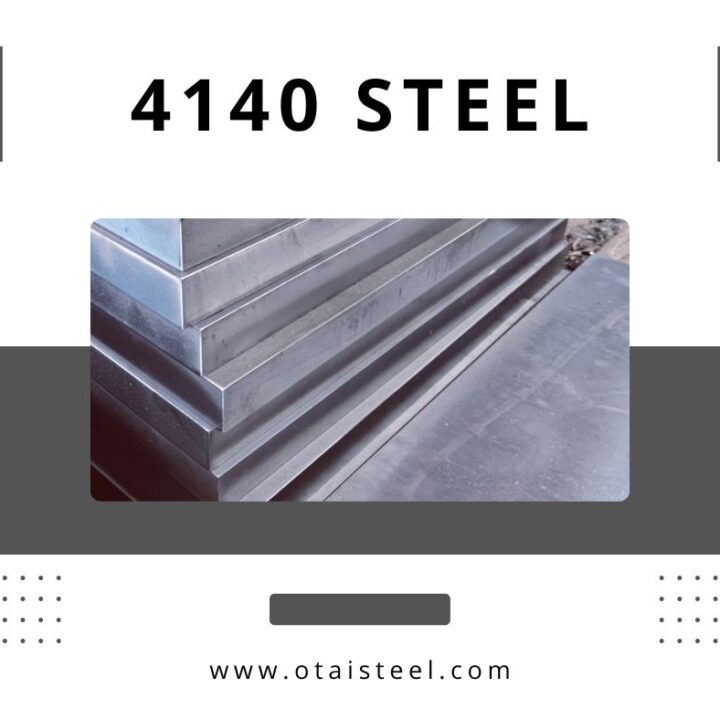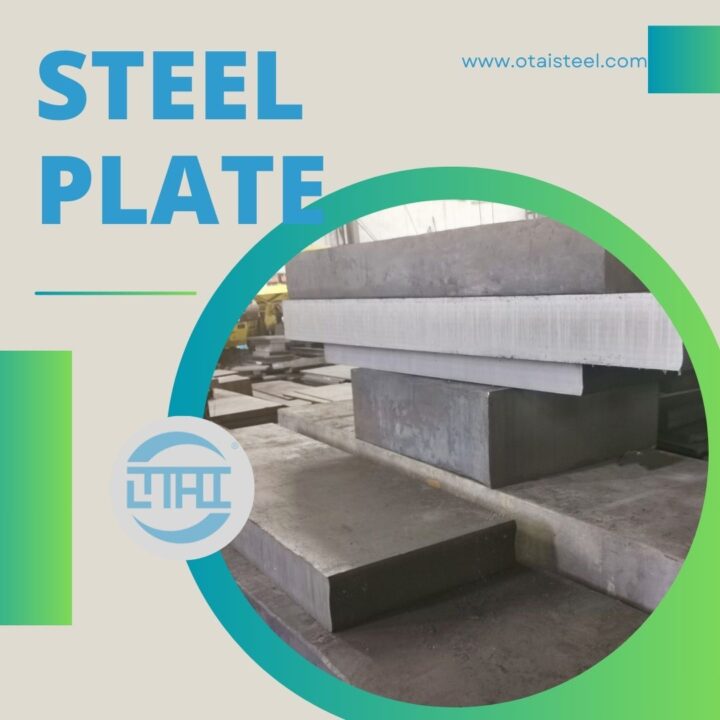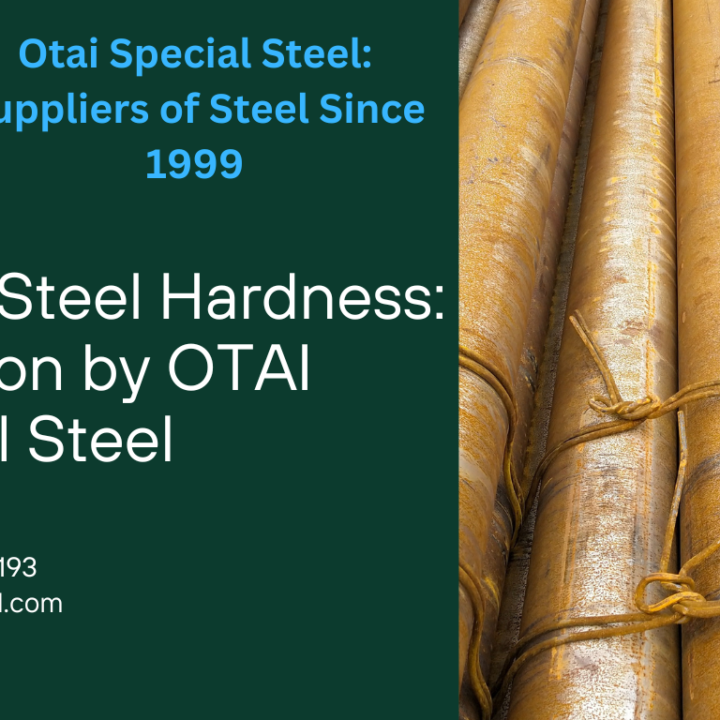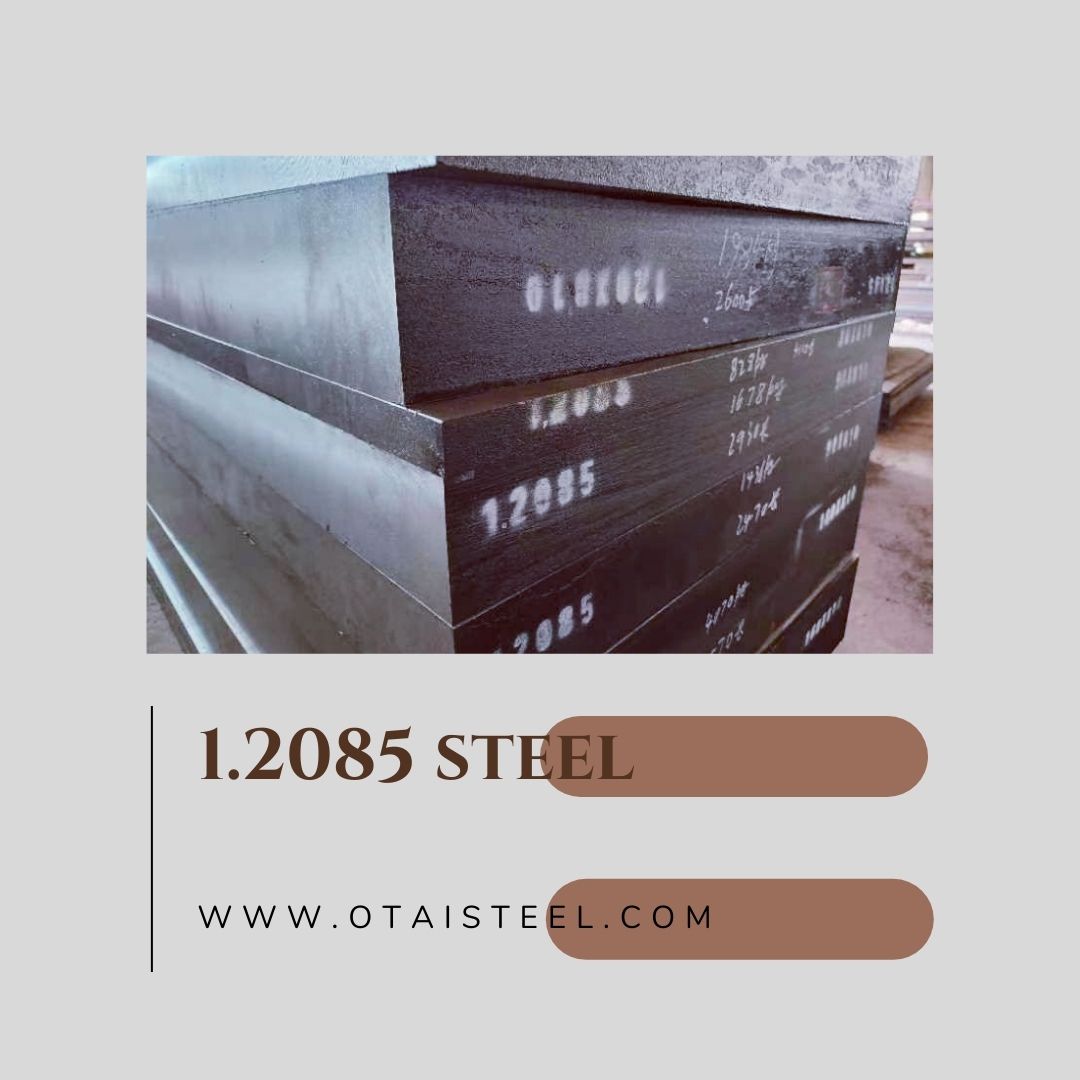 In the world of steel, precision and reliability are essential. Among the many steel grades available, Steel 1.2085 stands out for its unique properties and versatility. In this comprehensive guide, we’ll explore the standard specifications, properties, applications, and significance of Steel 1.2085.
In the world of steel, precision and reliability are essential. Among the many steel grades available, Steel 1.2085 stands out for its unique properties and versatility. In this comprehensive guide, we’ll explore the standard specifications, properties, applications, and significance of Steel 1.2085.
Understanding Steel 1.2085
Steel 1.2085 is a martensitic stainless steel known for its exceptional properties. Let’s dive into the details to understand what makes it special:
Chemical Composition
At its core, Steel 1.2085 consists of iron, carbon, and chromium. This alloy also contains small amounts of other elements such as manganese and silicon, which contribute to its remarkable characteristics.
Mechanical Properties
Steel 1.2085 is renowned for its high hardness and excellent wear resistance. Its mechanical properties make it a preferred choice for various applications, including tool and die making, plastic molding, and more.
Steel 1.2085 Standard Specifications
This steel grade adheres to certain international standards and specifications, ensuring uniformity and quality. Let’s delve into the standard specifications:
International Standards
Steel 1.2085 typically conforms to international standards such as AISI (American Iron and Steel Institute) and DIN (Deutsches Institut für Normung). These standards guarantee that the steel meets specific requirements related to its chemical composition, mechanical properties, and heat treatment.
Heat Treatment
The heat treatment process plays a crucial role in enhancing the properties of Steel 1.2085. It involves heating the steel to precise temperatures and then cooling it in a controlled manner. This process improves the steel’s hardness, toughness, and machinability.
Surface Finish
Steel 1.2085 can be finished in various ways, depending on its intended application. Common surface finishes include polished, ground, and rough-turned surfaces. Each finish serves a specific purpose, ensuring the steel’s suitability for its intended use.
Applications of Steel 1.2085
Steel 1.2085 finds its place in a wide array of industries due to its exceptional properties:
Tool and Die Making
One of the primary applications of Steel 1.2085 is in tool and die making. The high hardness and wear resistance of this steel make it ideal for manufacturing cutting tools, punches, and dies that endure demanding conditions.
Plastic Molding
In the plastic and rubber industry, Steel 1.2085 is used for making molds. Its excellent machinability and wear resistance ensure that these molds can withstand the abrasive nature of plastic and rubber materials.
Medical Instruments
The medical field benefits from the corrosion resistance and biocompatibility of Steel 1.2085. It is used in the production of surgical instruments, ensuring the safety of patients during medical procedures.
Aerospace Components
In the aerospace industry, where high-stress conditions are common, Steel 1.2085 is a valuable choice for various components, including landing gear parts and other critical elements.
Oil and Gas Industry
In the oil and gas sector, where exposure to harsh environmental conditions and corrosive chemicals is routine, Steel 1.2085 is employed in various applications, ensuring longevity and safety.
Advantages of Steel 1.2085
The choice of Steel 1.2085 comes with several advantages:
Corrosion Resistance
This steel grade is highly resistant to corrosion, making it suitable for applications where exposure to moisture or corrosive substances is common. It can withstand the test of time in demanding environments.
High Hardness
Steel 1.2085 boasts high hardness, making it capable of withstanding heavy loads and mechanical stresses without deforming. This property is particularly valuable in tool and die making.
Strength and Durability
With its high tensile strength, Steel 1.2085 is robust and durable. It can endure significant mechanical stress without compromising its structural integrity.
Machinability
One of the standout features of Steel 1.2085 is its machinability. It can be easily machined, which is advantageous in various manufacturing processes.
Sustainability
Steel, including Steel 1.2085, is fully recyclable, contributing to sustainability and reducing environmental impact. Using this steel aligns with eco-friendly manufacturing practices.
Why Steel 1.2085 Matters
Steel 1.2085 is not just a material; it’s a crucial component in various industries. Here’s why it matters:
Versatility in Manufacturing
The versatility of Steel 1.2085 is one of its key strengths. Its ability to excel in a wide range of applications makes it a top choice for manufacturers in different sectors.
Economic Viability
While the initial cost may vary, the long lifespan and low maintenance requirements of Steel 1.2085 make it a cost-effective choice in the long run.
Environmental Impact
The recyclability of Steel 1.2085 and its contribution to sustainability align with global efforts to reduce the environmental impact of industrial processes.
Steel 1.2085, with its standard specifications, unique properties, and versatile applications, is a valuable material in the manufacturing world. Its corrosion resistance, high hardness, and machinability make it a preferred choice for tools, molds, and critical components. By choosing Steel 1.2085, industries not only ensure high performance but also take a step towards a more sustainable future.
